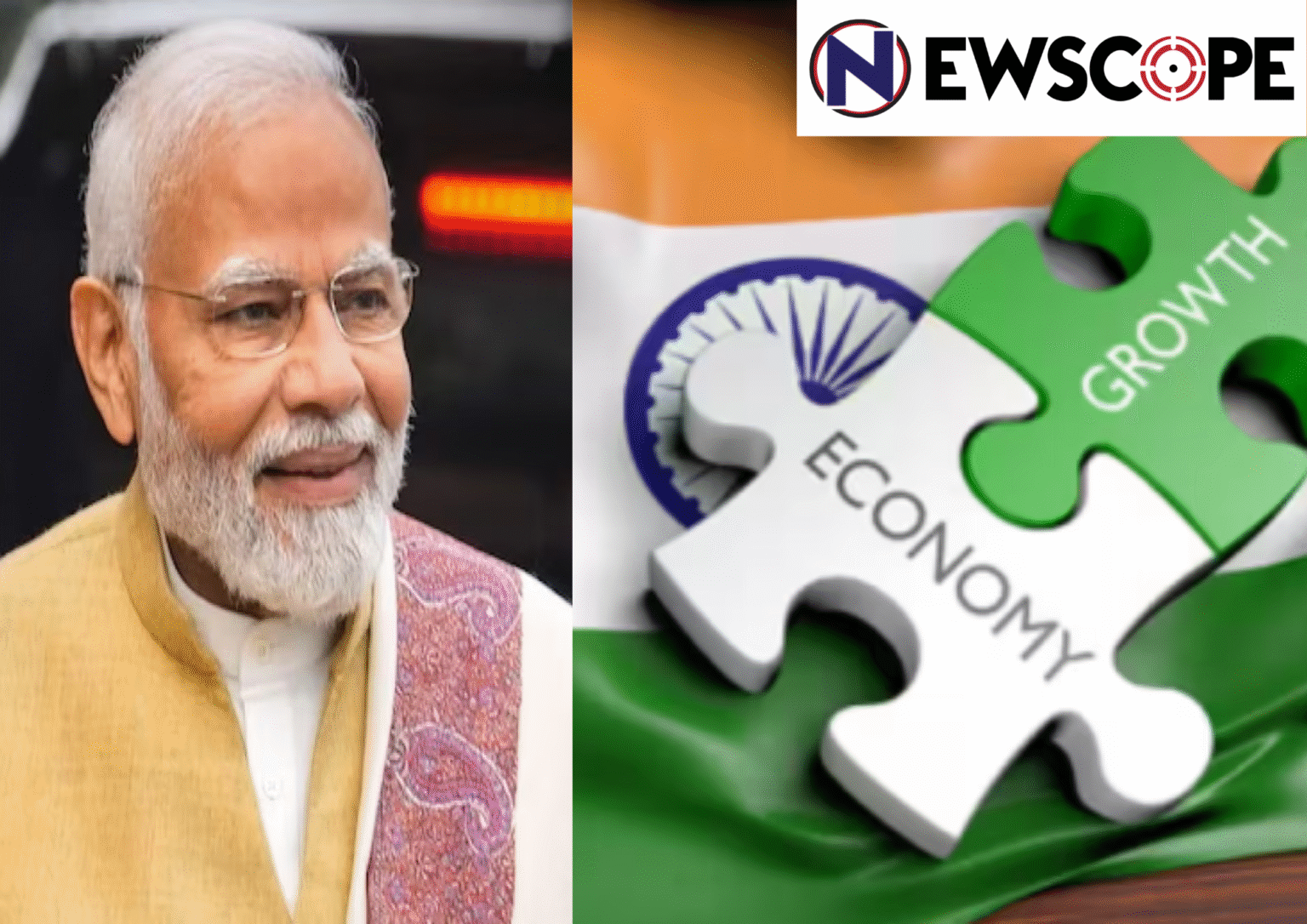Several debates have opened up after the four day long India Pakistan ‘war’. First, when India was in a top form of attack, why did it agree to a ceasefire, probably suggested by Pakistan? The war mongering ‘bhakts’ were very upset and went to the extent of becoming abusive to the foreign secretary and even to one of the gallant spokesperson, as if they had taken the decision to stop the war. The President of America however claimed that he stopped the war by threatening to stop trade with the two countries if they did not cease to fight. This third party interference is debatable and India denies such a move.
The Indian Prime Minister Narendra Modi however in his post ceasefire speeches did not mince words to suggest that Pakistan admitted defeat after the Indian battering and called up the Indian defence officials to stop. Though the Indian spokespersons were transparent enough in describing in detail with the help of satellite pictures how the Indian attack was focused on destroying terrorist camps, they did not open up to give details of the losses which both sides incurred by the fight. They only said they were focused in targeting the terrorist camps and ‘did not count the dead bodies’ and admitted, without being specific, that there are ‘losses’ in such fights.
The second major reason forwarded for the sudden ceasefire was an unconfirmed report that the Indian attack had damaged Pakistani nuclear storage godown. Though the Indian spokespersons denied the event, and Pakistan initially did not own up, it is now becoming clearer (with Pakistan PM’s admission) that Indian missiles had struck Nur Khan Airbase, which guards Pakistan’s nuclear arsenal. An Egyptian plane carrying anti nuclear material was spotted in the area soon after the attack. Though the international agencies which oversee the global nuclear installations, have said that there are no indications of nuclear leaks or radiation, there are reasons to believe that the near nuclear threat was certainly one of the reason to call off the war so soon. India’s defence minister has already raised the point whether it is ‘safe’ to let a ‘rogue country’ like Pakistan to hold on to nuclear resources. Mr. Modi goes one step further saying India will not tolerate Pakistan’s repeated threats of using nuclear weapons against his country, now that India has demonstrated that it can reach Pakistan’s nuclear installations within moments.
India’s blitzkrieg against Pakistan has taken the world by surprise. Many international war analysts and correspondents admitted that neither the US or Europe were not prepared to accept that India had progressed so fast in modern warfare. This four day war was almost a surprise for the west like when India blasted the nuclear bomb in Pokhran. The west grudgingly had to accept that India has gone nuclear. Similarly, the success of the Indian defence equipment Akash which destroyed the Pakistani counterattack with Turkish drones and Chinese missiles in the air, without letting them land on Indian soil was also a major surprise.
Technology has transformed modern warfare. It is no longer a surface event with tanks, soldiers and guns. It has mostly turned aerial and has become satellite based. India’s ISRO, which is respected throughout the world, now plays a major role in planning and designing war equipment along with DRDO. The government’s defence manufacturing units are being overhauled along with private enterprise. Though the public private coordination in defence manufacture under the ‘Make in India’ brand is debated, that this is moving in the right direction is proved by this brief but effective warfare.



